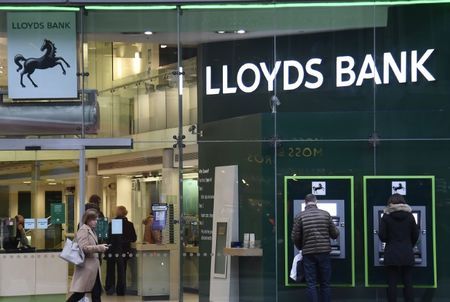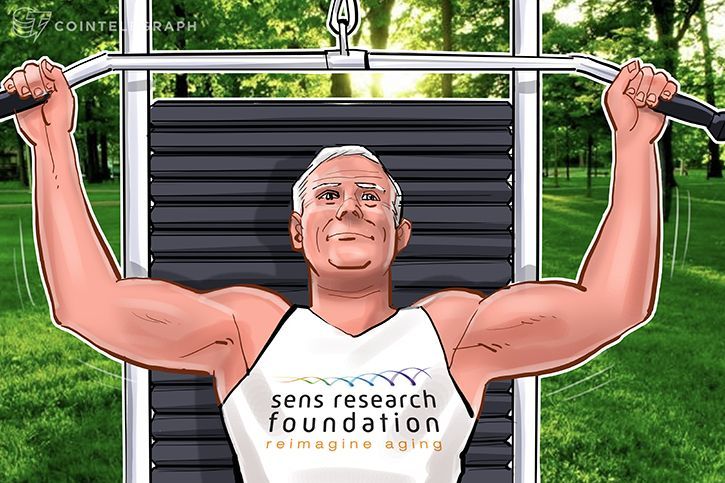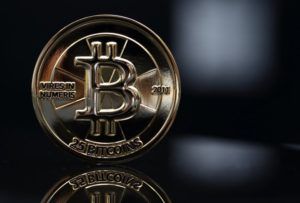Feb 12, 2018
This new company wants to sequence your genome and let you share it on a blockchain
Posted by Shailesh Prasad in categories: biotech/medical, bitcoin, cryptocurrencies
Rewriting Life
This new company wants to sequence your genome and let you share it on a blockchain.
People will be able to earn cryptocurrency in exchange for letting pharma companies use their data.









 With Donald Trump and Kim Jong Un butting heads over nuclear missile tests and the upcoming Winter Olympics, you would think that South Korea has other priorities than banning Bitcoin.
With Donald Trump and Kim Jong Un butting heads over nuclear missile tests and the upcoming Winter Olympics, you would think that South Korea has other priorities than banning Bitcoin.








